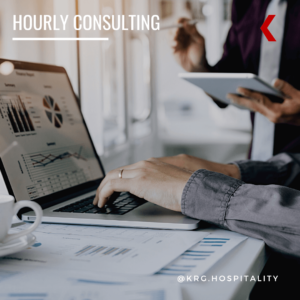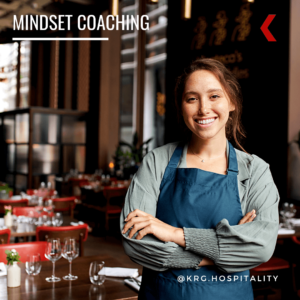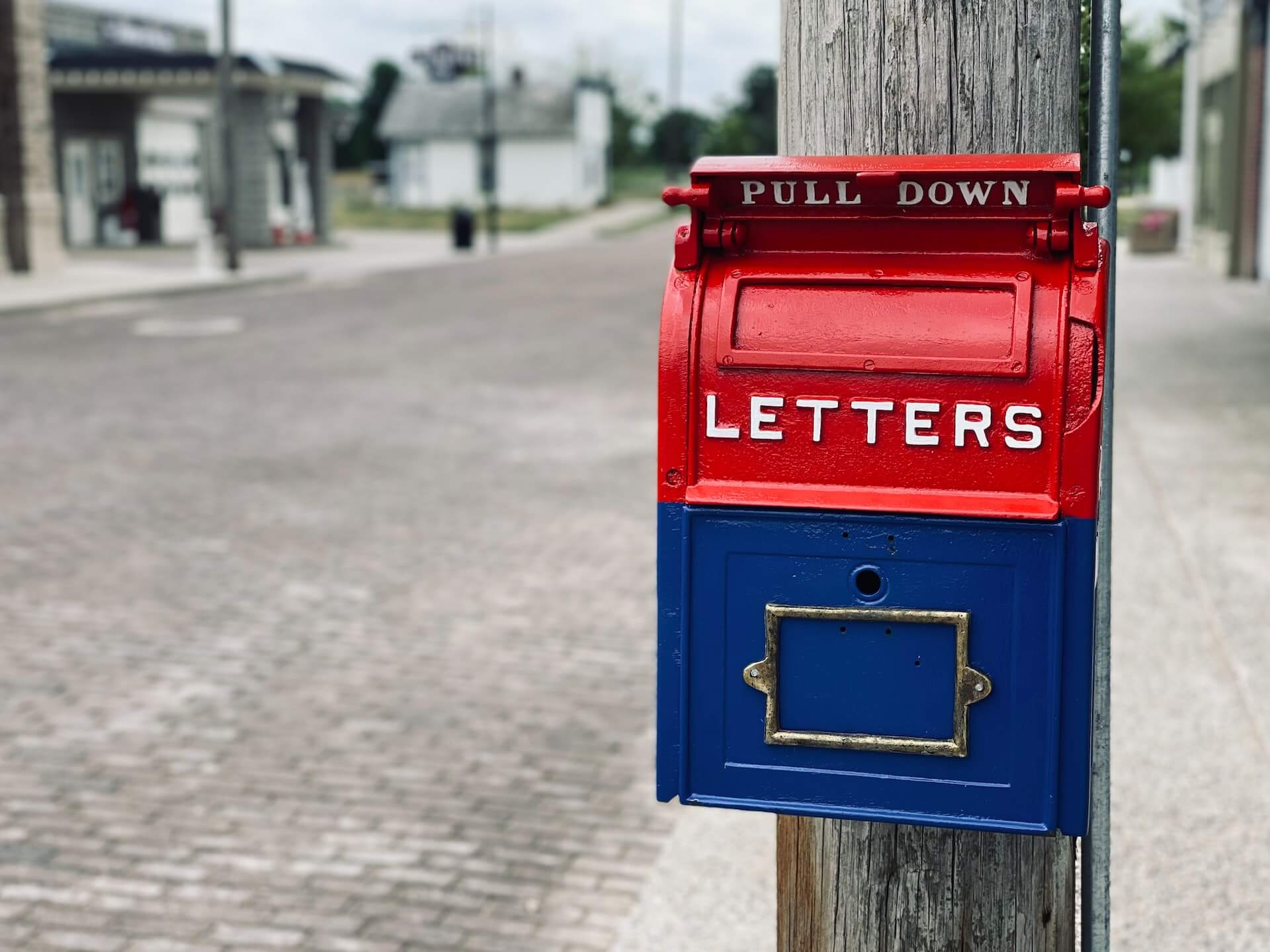How to Make a $3,500 Mint Julep
by David Klemt

If you want to craft an incredible $3,500 Mint Julep, the first step is to acquire one of 50 Woodford Reserve gold Secretariat Julep cups.
Now, should $3,500 seem a “bit” exorbitant, you can also opt for one of 100 silver Julep cups for $1,000.
Cup in hand, simply fill it with crushed ice and pour a refreshing Mint Julep over it. Et voilà—a delicious $3,500 or $1,000 Mint Julep!
Okay, so you’re probably wondering what I’m on about. Am I really suggesting you craft thousand-dollar-plus cocktails? I mean…if you have guests who’ll pay that much, yes, I am.
In reality, however, I’m making you aware of this year’s Woodford Reserve $1,000 Mint Julep™ charity program. This program is a longstanding Kentucky Derby tradition.
For 2023, the $1,000 Mint Julep™ will benefit the Secretariat Foundation. That makes sense given that this year marks the 50th anniversary of Secretariat winning the Derby.
The foundation, the brainchild of Secretariat’s owner Penny Chenery, is a non-profit that focuses on equine-related industry subjects, such as:
- veterinary research into lameness of the horse;
- Thoroughbred retirement and rehabilitation facilities;
- therapeutic equestrian programs; and
- general funding for related established charitable programs.
Silver and Gold
As you probably can put together yourself, there are 150 Secretariat Mint Julep cups available. One hundred are silver, 50 are gold. Respectively, they cost $1,000 and $3,500.
In keeping with this year’s theme of celebrating Secretariat and supporting the horse’s namesake charity, each features blue and white checkered silks in sapphires. The 2023 Mint Julep cups are handmade by Louisville, Kentucky jewelers From the Vault.

People who choose to support the charity via purchasing the gold cup will have their name engraved on the bottom of the cup. These cups also come with the autograph of Ron Turcotte, Secretariat’s jockey.
In addition to supporting the charity, people who buy one of the 150 cups will have access to the $1,000 Mint Julep Experience at Churchill Downs on Derby Day. (Which is also where and when buyers must pick up their cups.)
Secretariat’s Mint Julep
Alright, so let’s be more realistic. Only 150 people are going to splash out for the $1,000 or $3,500 Secretariat Mint Julep. And while supporting a charity like the Secretariat Foundation is a great thing to do, people are struggling.
So, below you’ll find the recipe for the Mint Julep variation that those attending the $1,000 Mint Julep Experience will be enjoying. It’s up to you if you want to offer it on Derby Day to raise funds for the Secretariat Foundation or a charity of your choosing. It’s perfectly reasonable to simply offer the refreshing cocktail as a Derby Day LTO.
- 2 oz. Woodford Reserve Kentucky Straight Bourbon Whiskey
- 1 oz. Housemade chestnut liqueur
- 1 sprig of Mint, for garnish
- 1 stalk of Virginia bluebells, for garnish
Pack a Julep cup with crushed ice, making sure to make a dome over the lip of the cup. Add the whiskey and liqueur to a mixing glass and stir. Pour over the prepared cup. Garnish with one sprig of mint and one stalk of Virginia bluebells.
Should you prefer a more traditional build, express the oils of a mint leaf inside the cup. Add the bourbon, chestnut liqueur, and crushed ice. Garnish with more crushed ice, mint, and Virginia bluebells, then serve.
For our most bourbon-centric Bar Hacks podcast episodes—including episode 32 with Woodford Reserve—click here.
Images: Woodford Reserve













